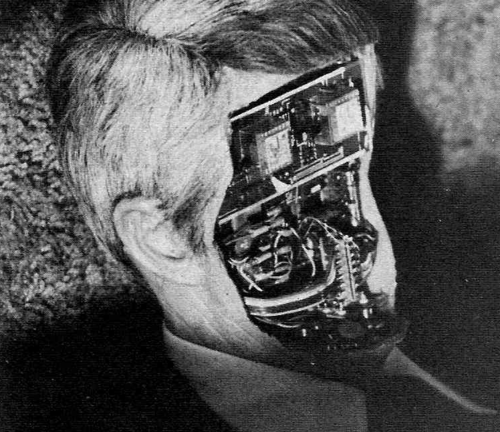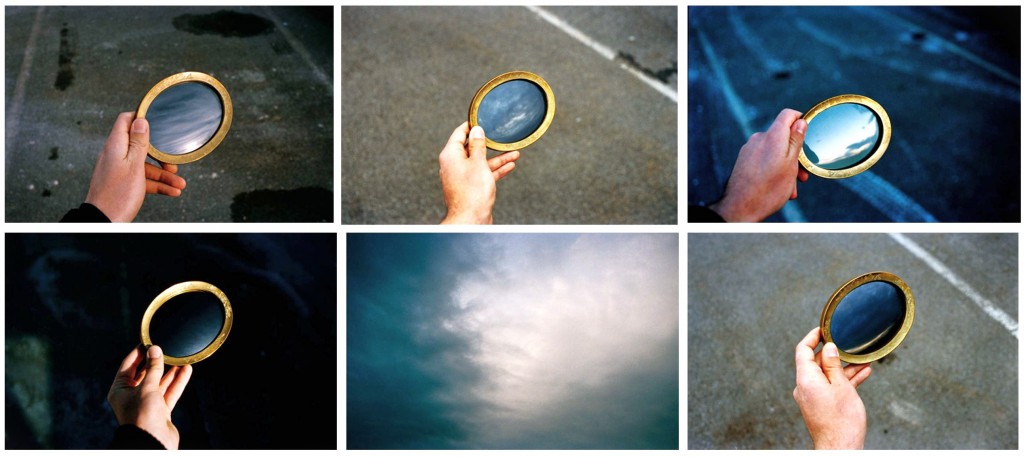I should really post a review of this coffee shop. Maybe on Yelp. I could snap a photo of the cool little setup I have going here or tweet about the funny laptop rules at this place. Or I can get meta and type a Facebook update about how I am currently blogging about all of these possibilities to document my experience. While contemplating all of this, Spotify, a music-listening service, published the song I just listened to on Facebook.
Let’s reflect briefly on how we document experience. The first examples I just gave might be called “active sharing” whereas that last example, the Spotify one, highlights how self-documentation is also increasingly passive. And I think this furthers what I call “documentary vision”: the habit of experiencing more and more of life with the awareness of its document-potential.
Much has been made of so-called “frictionless sharing,” the new Facebook feature that automatically publishes updates from partnered sites and services. Sync Facebook with Spotify or the Wall Street Journal and what you listen to or read will be passively published on the new Facebook live-ticker.
This more passive sharing furthers an already established trend: we are increasingly living life under the logic of the Facebook mechanism. more...


